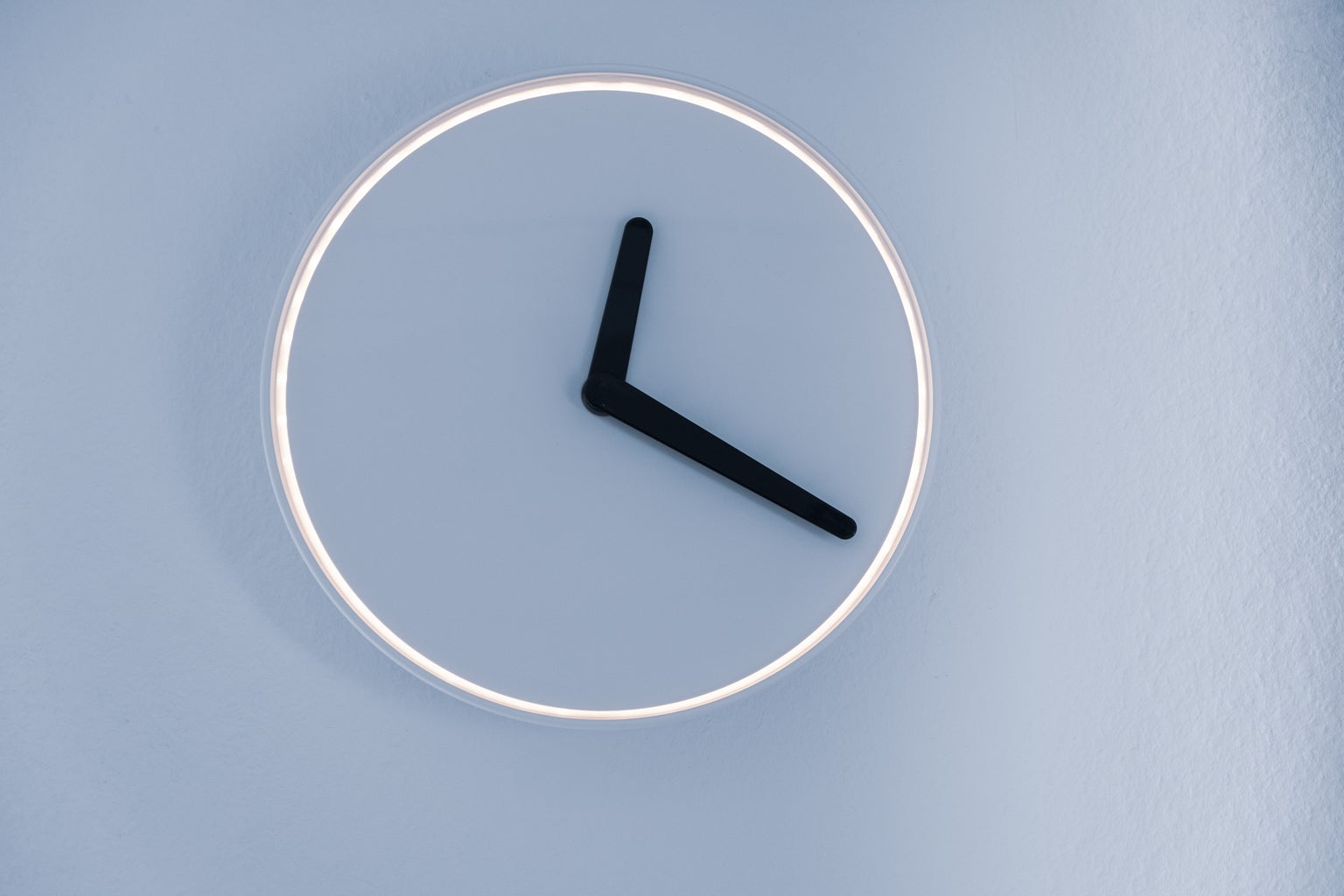I wish someone would have explained to me how much ADHD (attention deficit hyperactivity disorder) can affect adulthood along with the college experience. In reality, it’s taken me most of my college experience to work around the issues and habits that arise with ADHD. The process could have been formulated earlier with the exception of COVID, or there’s the possibility I procrastinated too much on trying to figure out ways to be successful as an adult. Anyways, let’s jump into the ways I personally found that tricked my ADHD brain to counterbalance its normal behavior to follow through with responsibilities.
Procrastination and its Partner, Prioritization
I will admit, most people do wait until the last minute to do their responsibilities, but people with ADHD take it to the next level. The way I can describe this experience is simply to give an example. Let’s say I have two similar assignments. One is due this week and the other is due in three months. My state of mind somehow prioritizes the least pressing things first over anything, especially if I know the later one will be more fun to do. I personally found a reward system to be somewhat effective against procrastination. My parents personally found this hack while trying to trick my younger self into getting my responsibilities done. This reward system would be something along the lines of “If you get this done, we can go get ice cream tonight.” I don’t know about you, but the idea of ice cream was more than enough to be motivation.
Object Permanence and Organization
Object permanence. The biggest thorn in my side when it comes to daily life. For those who are unsure what this is, I will also give an example. Let’s say you have your phone in your hand, you put it down on the table for one moment. You turn around for a split second, turn back around to pick up your phone but you see that it’s completely gone. You frantically look if you’ve dropped it but no such luck. You know it has to be there, there’s no way it just disappeared. When this happens, I walk out of the room, take a deep breath and wait a couple of minutes. I then will go back into the room to be able to see that my phone in reality has not moved an inch. I find it best to back away from the situation for a few seconds or minutes in hopes that my mind and body will calm down versus going into a crazy panic mode.
Don’t even get me started when it comes to organization. My room is typically a mess throughout the week due to placing things down then forgetting where it’s originally supposed to go. This may seem not functional for most people, but it works for me for the most part. I will usually keep things disorganized until the “mess” becomes overwhelming. To prevent this particular overwhelmed feeling, I’ve designated a day where I will clean my room from head to toe and place things in order. I know this seems self-explanatory and simple, but it holds some sort of importance in my own schedule. Speaking of schedules, let’s move on to time management.
Time management
Time management has always been difficult to plan out as a human being, but ADHD brings some new challenges to the table. I personally find time management and ADHD to be a very interesting struggle. Having no concept of time is very harmful to the fragile structure of life’s plans. There’s always a good chance that ADHD individuals run very late due to the underestimation of how long things will take. I personally overestimate how much something will take. As a result, I am usually on the earlier side unless something has happened to push my whole schedule behind.
Impulsive
There’s a stereotype that having ADHD means you may be super impulsive or hyper. I will admit, this stereotype really isn’t that far off. Hyperactivity can present itself by how one talks or crazy and absurd amounts of energy that is being exerted. The amount of times I have impulsively acted or overtalked seems to be endless. On the topic of impulse, I try to logically address whatever urge is currently trying to control my life. I will admit, this is usually online purchases, cutting hair, dying hair, or body modifications. No matter what it is, I try my best to think of the consequences that would follow the impulsive decision.
Emotional dysregulation and rejection sensitivity
As a child, I was labeled to be very sensitive. I would take the littlest of things to heart, despite knowing they had little to none meaning. Experiences as an adult bring a bit more regulation, but not much. I have to constantly remind myself that it’s okay to be overwhelmed and to allow my body to experience this process. It can be frustrating to cry over the littlest of things, but ADHD individuals have a tendency to hold and bottle up stress in the body. Tears are a way that our bodies convey messages when words cannot be used to describe things. Rejection sensitivity sometimes can go hand-in-hand with emotional dysregulation. If I feel like there is a possibility of a problem, I try to communicate my worries the best I can. Usually there isn’t a problem, but I have found it makes me feel better when I try to communicate my own perspective and feelings.
To this day, I still find new ways to cope with the challenges that arise with ADHD. Everyone is different, so there’s a possibility that one would have better luck with these solutions or may find other ways that work personally for them.







